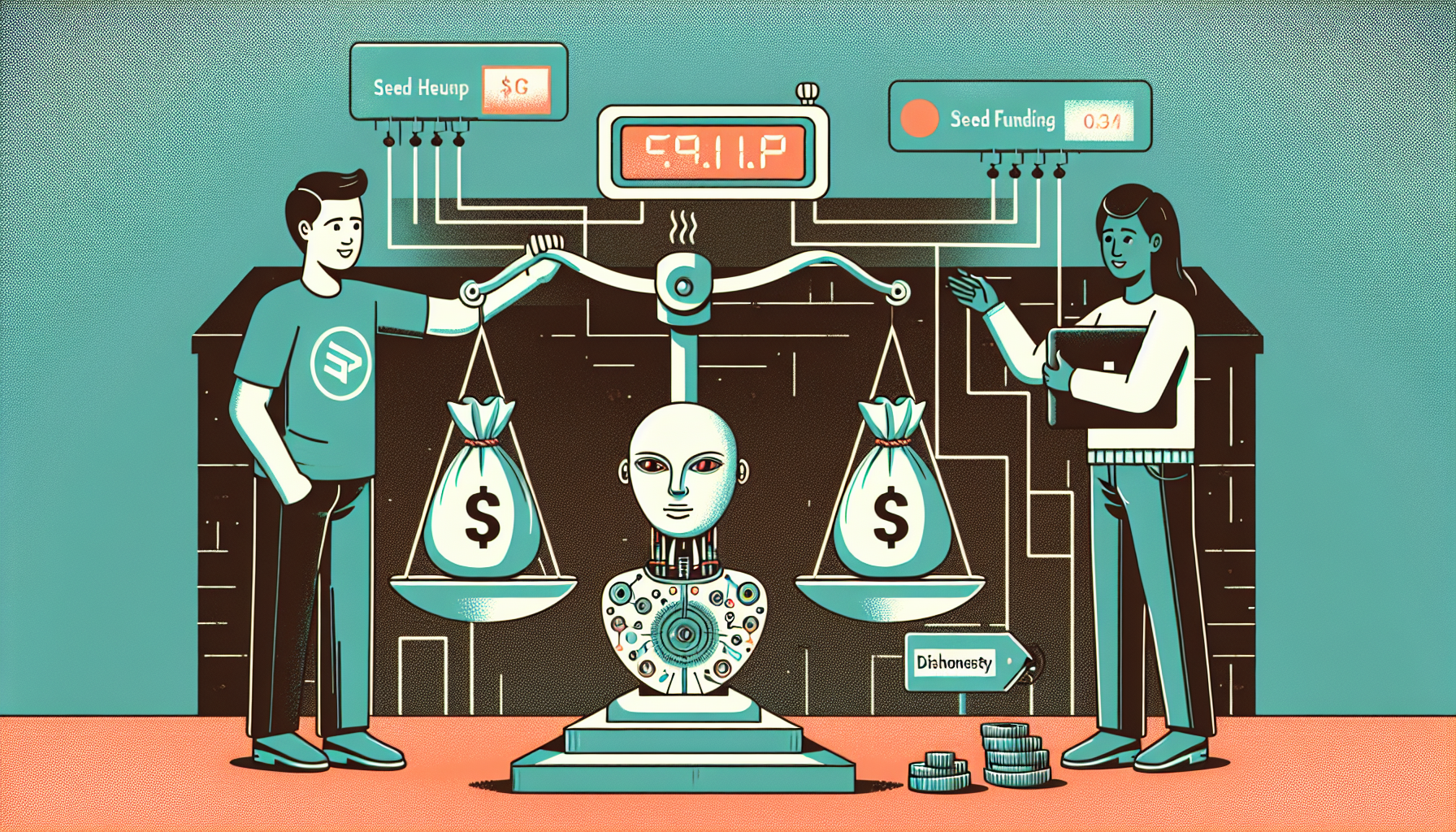In an age shaped by artificial intelligence, one bold startup is asking difficult questions about the boundary between help and dishonesty. Cluely, founded by 21-year-old Chungin “Roy” Lee and Neil Shanmugam, has attracted $5.3 million in seed funding from investors like Abstract Ventures and Susa Ventures. This young company stands at the center of an ethical debate, thanks to its AI tool designed to give users a secret advantage during important moments in their professional lives.
What is Cluely?
Cluely is an AI-powered assistant that operates behind the scenes, hidden from view. It listens, watches, and analyzes ongoing interactions—such as job interviews, sales calls, or even exams—and provides users with tailored advice in real time. The technology works through an invisible browser window, allowing users to receive AI-generated suggestions without anyone on the other end knowing.
How Does it Work?
- Job Interviews: Cluely’s Interview Coder feature can instantly offer coding solutions and surface professional or personal information about the interviewer, giving job seekers rapid support as they answer questions.
- Sales Calls: During high-pressure negotiations, Cluely generates persuasive responses, helping users counter objections or pitch products more effectively.
- Exams and Assessments: The tool can discreetly supply answers during online exams, operating undetected in the background.
Cluely is already generating $3 million in annual recurring revenue—a testament to its growing use and demand.
Origins and Growth
The roots of Cluely trace back to Columbia University, where Lee and Shanmugam first built Interview Coder. Initially, it was a clever tool that helped Lee succeed in landing prestigious internships at Amazon and Meta. Lee demonstrated his methods in a widely viewed YouTube video. But the university responded with disciplinary action, raising complex questions about fairness and integrity.
A Question of Ethics
Cluely does not shy away from controversy. Its founders compare their AI to everyday tools like calculators or spellcheck, arguing that technology should be accepted as a professional “copilot.” Yet, many critics see the tool as a sophisticated form of cheating, especially in high-stakes situations like exams or interviews meant to evaluate individual skill.
This tension is something Lee and his team embrace, even staging publicity stunts—like using Cluely to pose as an art expert during a date—to underline the shifting line between assistance and deception.
Investor Support and the Future
Despite the ongoing ethical debate, investor confidence in Cluely is strong. Backers see the startup’s technology as just the beginning for AI-powered workplace assistance. With the recent funding, Cluely aims to grow its feature set and expand into new areas of professional life, promising a future where real-time AI guidance could become as common as using email or search engines.
The New Normal?
The rise of Cluely invites us all to reconsider what counts as “fair” help in our academic and professional lives. As artificial intelligence continues to weave itself into the fabric of daily work, the definition of competence is changing. Some see Cluely as a shortcut—a way to game the system. Others believe it signals a broader movement towards accepting AI as an essential partner in both learning and work.
The debate is far from settled. For now, Cluely’s success points toward a future where the lines between individual ability and machine assistance are blurred, and where the question shifts from “Is this cheating?” to “How will we adapt?”

Leave a Reply